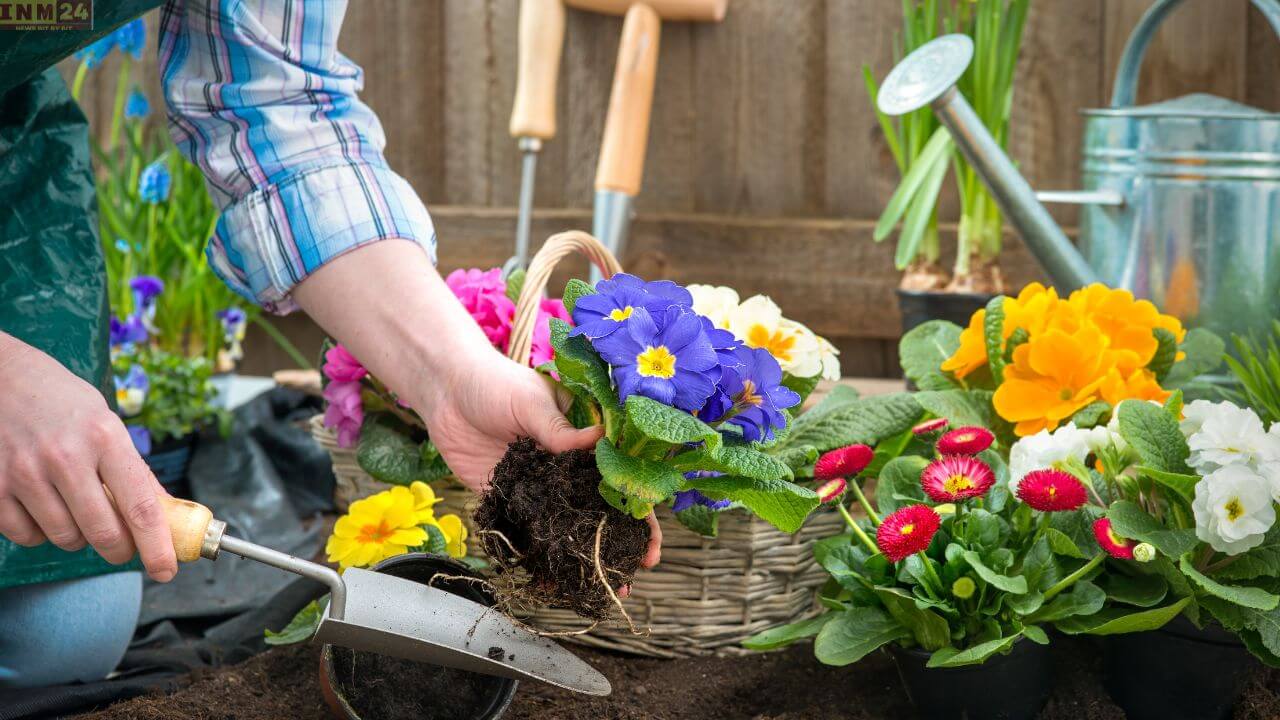Summer weather can be challenging for everyone. Not only do we feel the discomfort of scorching sunlight and blistering heat, but plants also suffer considerably. It’s a season that demands double the attention to plant care. With the decrease in humidity due to heat and sunlight, maintaining moisture levels becomes crucial. There’s a common misconception that plants need more water during summers. However, merely watering them excessively may not suffice for their well-being. Besides watering, several other factors need consideration during the summer season. Today, we’ll guide you through how to care for plants during the summer months.
How to Care for Plants in Summer
Water at the Right Time
During the summer season, when temperatures rise, and the air becomes dry, keeping plants hydrated can be challenging. Watering is indeed a good way to maintain moisture levels, but excessive watering can be detrimental to your plants. It’s best to water in the morning or late afternoon when temperatures are lower, and water doesn’t evaporate quickly. Check the soil by inserting your finger into it. If the top inch is dry, it’s time to water. Water at the base of the plant, not on the leaves, as watering leaves can lead to fungal diseases. If you prefer less watering, consider misting the plants instead. It helps in cooling the leaves and increasing humidity. Sandy soil requires more frequent watering, while clayey soil needs less watering. Plants in small pots require more frequent watering compared to those in larger pots.
Mulching
Maintaining moisture for plants during the summer season can be quite challenging, especially when temperatures rise, and the air becomes less humid. Mulching is an excellent way to keep your plants hydrated during hot weather. What is Mulching? Mulching is the process of spreading a layer of organic material on the surface of the soil. Mulch slows down the evaporation of water from the soil, keeping it moist. Mulching helps in keeping the soil cool, which protects the roots of plants from damage during the heat. Mulch prevents weed growth, reducing the need for frequent weeding. Mulch decomposes over time and adds nutrients to the soil, improving its quality.
Provide Shade to Plants
During the summer months, when temperatures rise, and the sunlight becomes intense, providing shade to plants becomes crucial. Excessive sunlight can damage plant leaves, causing them to turn brown and wither. Shade helps in slowing down the evaporation of water from the soil, keeping it moist. Shade keeps the soil cool, which protects the roots of plants from damage. Some plants, such as orchids and ferns, are more sensitive to intense sunlight. Providing shade can help them stay alive.
